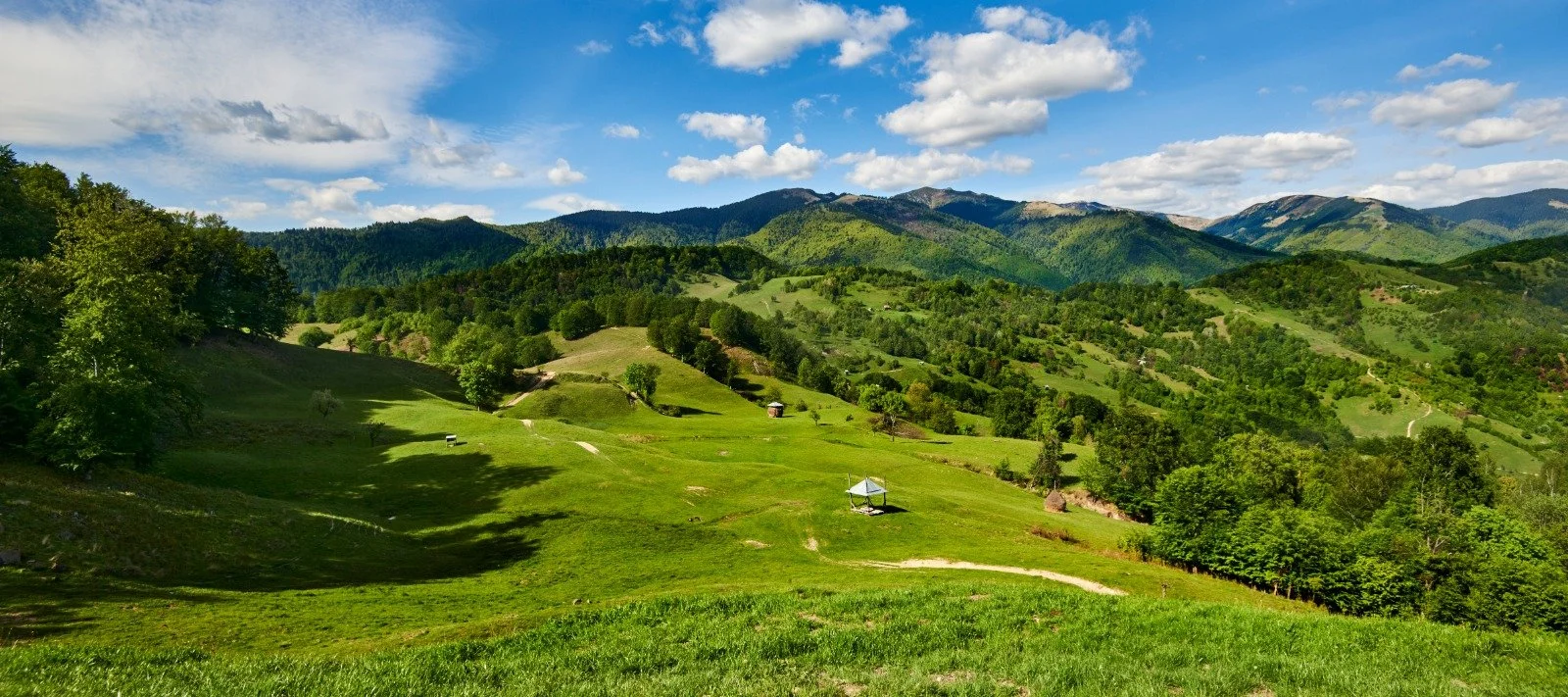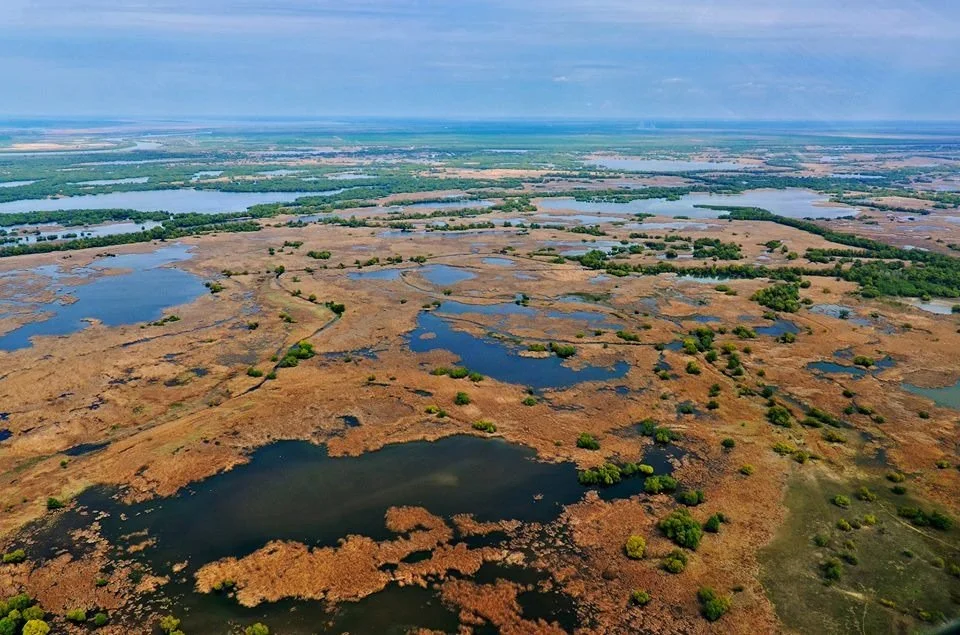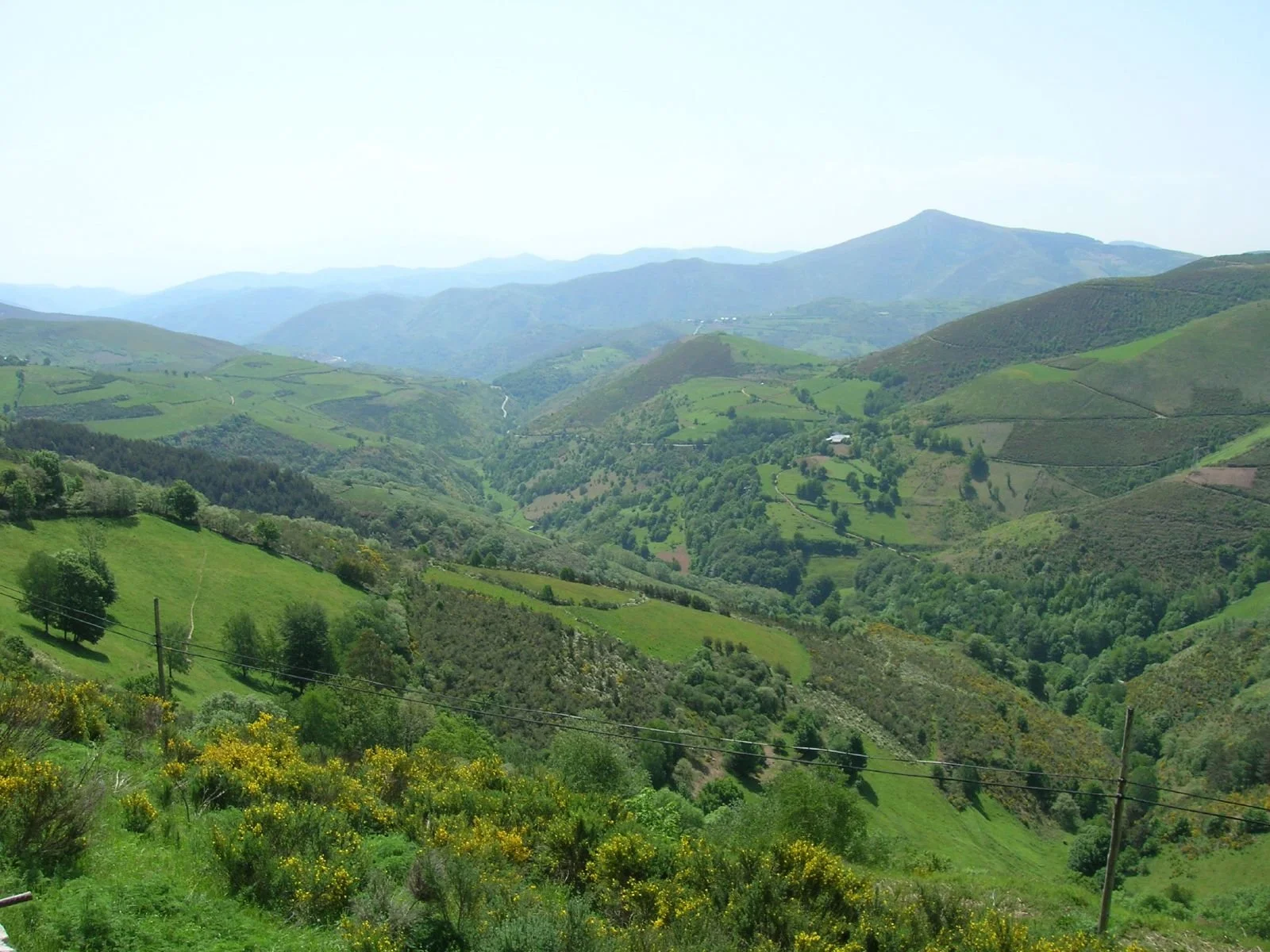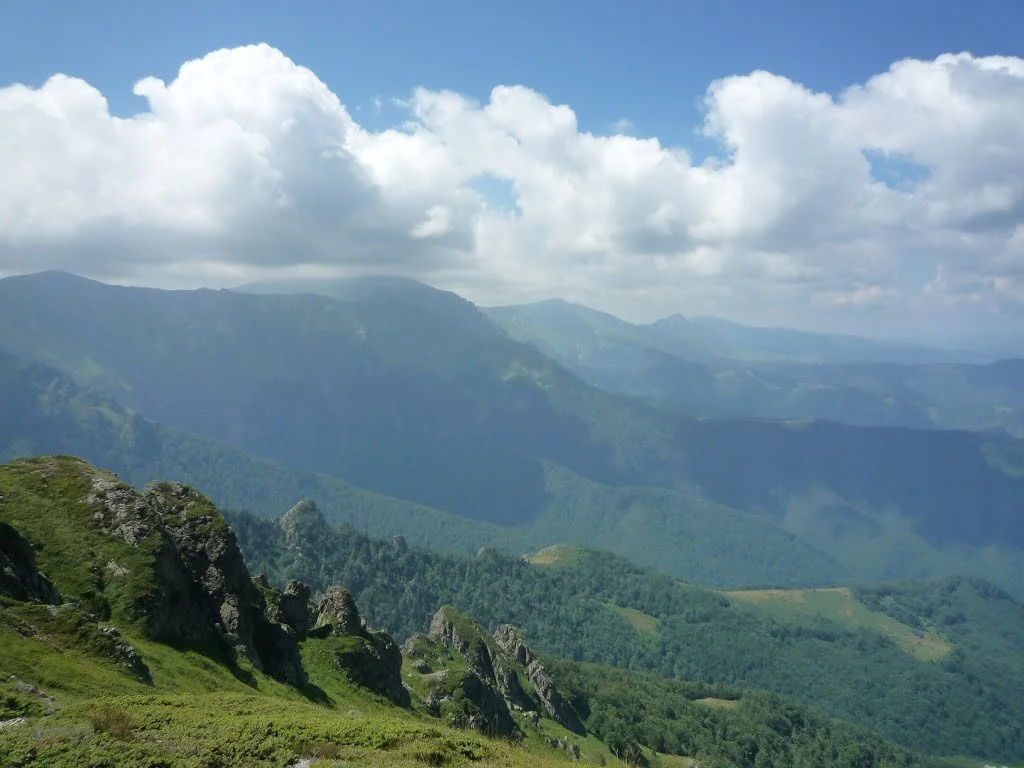FORENSIC INTELLIGENCE
Human-wildlife conflicts and wildlife crimes present unique challenges for investigators, as they involve dynamic outdoor environments and require meticulous analysis to overcome the absence of traditional forensic tools, such as DNA databases.
Through forensic intelligence and forensic science principles, essential information about environmental activities can be provided and properly handled, enhancing training for rangers, and ultimately contributing to the prevention of wildlife crimes through a collaborative and interdisciplinary approach. Wildlife forensics stands as a vital tool in the fight against wildlife crime, promising a future where the preservation of biodiversity is strengthened through the power of forensic science.
THE SCOPE OF FORENSICS
Within Nature FIRST, the scope of forensics extends through a comprehensive Crime Scene Investigation (CSI) process, embodying a proactive approach to wildlife crime detection and prevention. At the start of the CSI process, the emphasis lies on finding and safeguarding crime scenes, a crucial step in the preservation of evidence and subsequent legal proceedings.
As the CSI process concludes, the project emphasises the transparent documentation and explanation of the entire data collection journey, from storage and processing to the logging of additions and edits. This meticulous record-keeping is vital for the credibility of the evidence. The culmination of the process involves the responsible handover of evidence to the court, possibly accompanied by sworn witness statements, ensuring that the forensic intelligence gathered is not only robust but also legally admissible in the pursuit of justice for wildlife crimes.
FORENSIC PRINCIPLES AND METHODOLOGIES
The meticulous documentation of these crime scenes, coupled with the secure handling of evidence through proper collection, storage, and data processing, ensures the integrity of the forensic process. Nature FIRST also seeks to introduce supporting instruments and CSI toolkits to enhance the efficiency of these operations.
By integrating forensic science principles into fieldwork conducted by rangers and personnel responsible for safeguarding specific field sites, Nature FIRST enhances its capacity to address wildlife crimes effectively.
TRAINING PROGRAMMES
In collaboration with Wildlife Forensic Academy, the project is developing comprehensive training programmes for field partners. The process includes needs assessments and sophisticated mock scenarios, underscoring the project's commitment to equipping field sites, natural area managers and individuals with the necessary tools and protocols for thorough wildlife investigations.
The European Wildlife Forensic Network is launching soon, offering a dynamic platform for wildlife conservationists, forensic experts, and researchers. This network will provide opportunities for training, knowledge exchange, and public engagement to help tackle wildlife crime. By connecting professionals across Europe, we aim to empower the public and foster collaboration in the fight to protect endangered species. Stay tuned to learn how you can join this important initiative and contribute to safeguarding Europe’s wildlife through science, innovation, and community action!
Learn more and sign up to the newsletter to receive more information on how you can take part at wildlifeforensic.com
OUR FIRST AREAS OF APPLICATION









